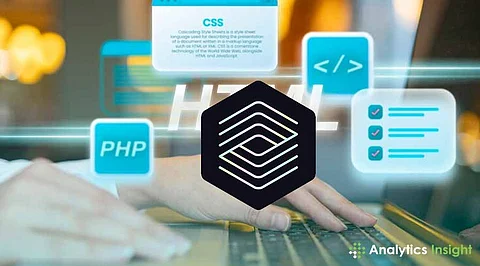

The world of coding has now become more inclusive, thanks to advancements like OpenAI Codex. This AI-powered tool is transforming the way people engage with programming, particularly for those without a development background. By making coding more accessible and intuitive, Codex is bridging the gap between non-developers and the world of software development.
One of the most impressive features of OpenAI Codex is its ability to translate natural language into functional code. This means non-developers can simply describe their desired outcome in plain English, and Codex converts these instructions into working code. This significant leap removes the need for intricate knowledge of programming languages, allowing anyone with an idea to bring it to life. Whether writing a function or creating an entire application, users can communicate their vision clearly without worrying about syntax.
This shift is a convenience and a game-changer, enabling a broader audience to engage in programming tasks. Users can focus on their ideas rather than becoming bogged down by technical language, which is often a barrier to entry into the world of coding.
OpenAI Codex’s versatility extends beyond simple translations. It supports a wide range of programming languages, such as Python, JavaScript, Ruby, and many others. This broad language support means users can work in their preferred language or switch to the language that best suits a particular project. It also allows non-developers to experiment with different coding environments without the steep learning curve typically associated with mastering multiple languages.
By providing access to such a diverse set of tools, Codex makes it easier for anyone to dive into the world of programming, whether they are working on web development, data science, or application building.
Codex’s real-time feedback system is another breakthrough in coding for non-developers. Codex offers immediate suggestions as users write code and point out errors, allowing for quick fixes and improvements. This interactive feature helps users learn as they code, providing a hands-on experience that is much more engaging than traditional coding tutorials.
The instant feedback loop ensures users don’t feel lost when encountering errors, fostering a more positive and productive coding experience. This feature also promotes confidence among beginners, who can experiment and see immediate results, understanding the effects of their changes in real time.
Collaboration is vital to modern coding projects, and OpenAI Codex facilitates seamless teamwork. Codex acts as a valuable team member by providing suggestions for code optimisation, helping to maintain coding standards, and offering advice on best practices. It can be used in a collaborative environment, where non-developers work alongside experienced developers, thus enhancing team synergy.
This inclusivity means that non-developers can contribute meaningfully to projects, whether adding a new feature to a website or helping troubleshoot an issue. Codex helps level the playing field by enabling cross-functional collaboration and making coding projects more accessible and practical.
Codex is an indispensable educational tool for those looking to learn programming. Instead of relying on static tutorials, learners can directly interact with Codex, asking questions and generating real-world examples demonstrating different programming concepts. Codex also provides clear explanations of coding practices, making it easier for users to understand the logic behind their code.
By enabling users to learn through hands-on experience, Codex simplifies the learning process and removes much of the intimidation that often accompanies the early stages of programming. For non-developers interested in diving deeper into coding, Codex provides a friendly and supportive environment to hone their skills.
OpenAI Codex is indeed reshaping coding as a profession so that nobody will ever need to code again. Free text input, multiple language support, instant response, collaborative interface, and learning tools have defined a new frontier for non-coded programming. CodeTogether is an AI-powered coding assistant that allows individuals to code in cooperation with others, learn, and teach others, even if they have no real experience in programming. OpenAI Codex solves this problem by bringing coding out of the exclusively professional realm and making it available to everyone who wants to build the future.
